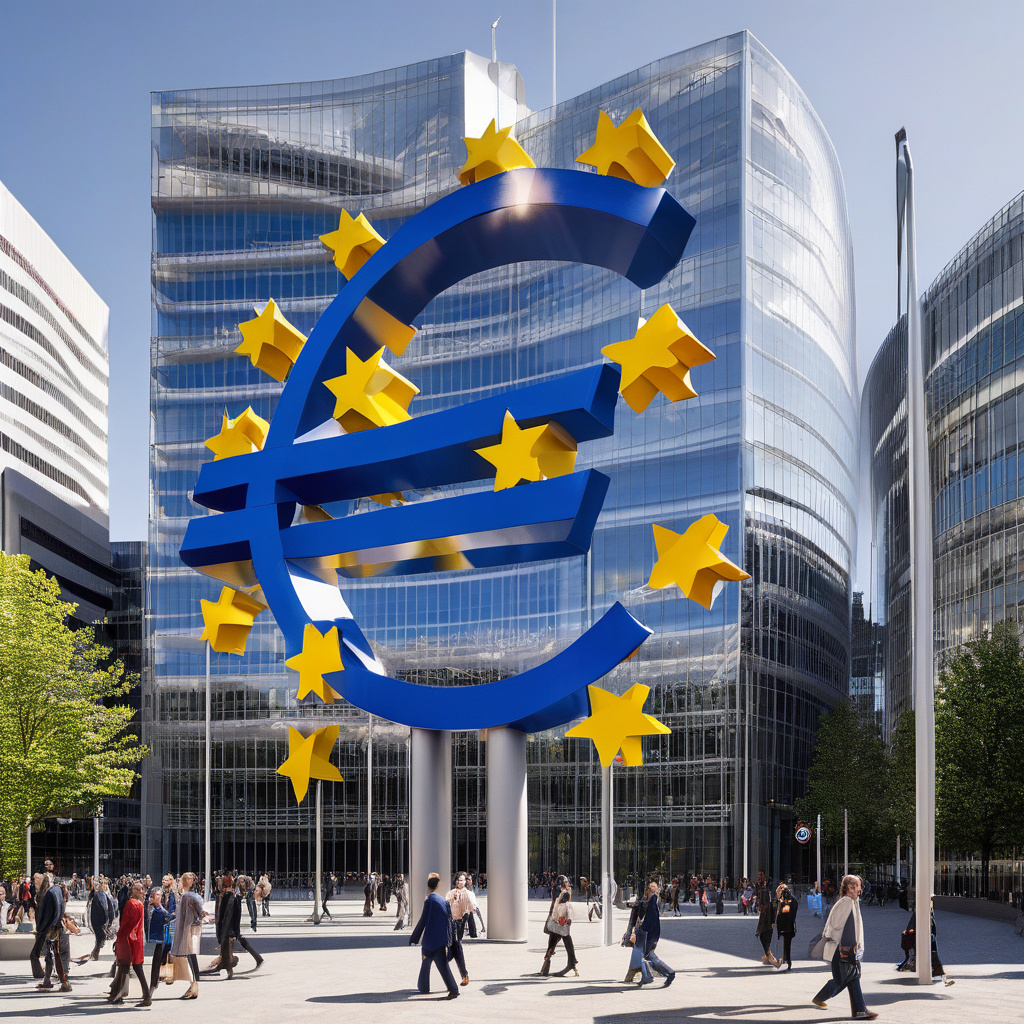Google’s recent €2.95 billion EC antitrust fine is not just a one-off event; it’s a sign of things to come in the tech regulatory landscape. This hefty penalty for Google’s “abusive practices” in its adtech business sets the stage for a potential wave of global regulatory actions in the tech industry. The message is clear: compliance and fair play are now critical components of the IT roadmap for enterprise leaders.
The European Commission’s decision against Google is part of a broader trend of tech giants facing regulatory challenges worldwide. Google has a history of antitrust issues in Europe and beyond, indicating a pattern that regulators are closely monitoring. The EC’s emphasis on ending Google’s self-preferencing practices and addressing conflicts of interest within the adtech supply chain underscores a growing focus on fair competition and market integrity.
Industry experts like Stephen Klein highlight the far-reaching implications of such fines, transcending ad-tech to encompass other tech domains like AI, quantum computing, and open source. Enterprise IT leaders must now factor in regulatory compliance alongside security and scalability when designing technology strategies. The era of unchecked tech monopolies is ending, ushering in an era of heightened scrutiny and accountability.
Despite the substantial fine, skeptics like Brian Levine and Richard Bird doubt its efficacy in altering Google’s behavior significantly. With Google having paid billions in fines over the years, the financial impact seems insufficient to drive meaningful change. The possibility of industry consolidation or strategic alliances among tech players looms large, reflecting a potential shift in market dynamics post-regulatory interventions.
Looking ahead, the compliance push triggered by Google’s fine prompts a reevaluation of vendor relationships and technology partnerships. Tech leaders must navigate this changing landscape by demanding transparency, decoupling services where feasible, and diversifying their tech stack to mitigate risks associated with vendor lock-in. Structural remedies beyond monetary fines signal a new era where the tech ecosystem could witness rapid transformations and reconfigurations.
In conclusion, Google’s antitrust fine is a pivotal moment that underscores the evolving regulatory environment for tech companies globally. It serves as a wake-up call for IT leaders to prioritize compliance, fairness, and transparency in their strategic planning. As the tech industry braces for increased scrutiny and potential restructuring, adaptability and foresight will be key for navigating the complex terrain of regulatory compliance in the digital age.

